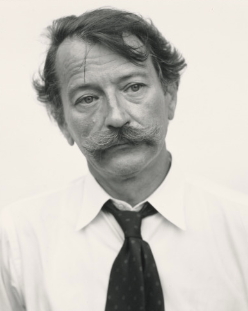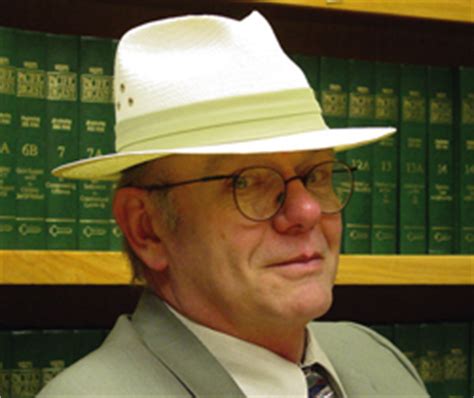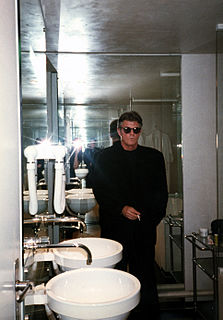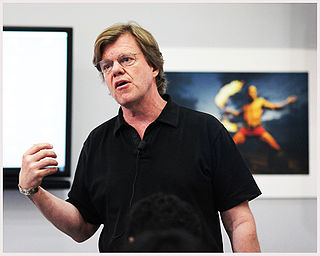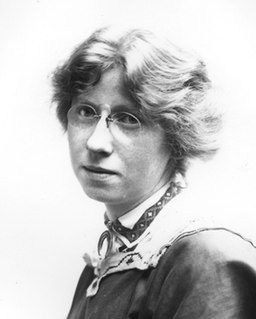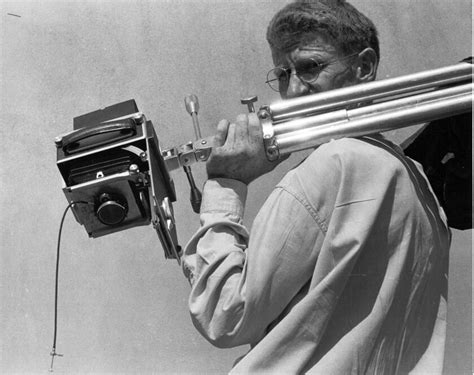A Quote by Annie Leibovitz
I went to Yosemite as an homage to Ansel Adams. I could never be Ansel Adams, but to know that's there for us - there's so much for us in this country.
Related Quotes
Quality doesn't mean deep blacks and whatever tonal range. That's not quality, that's a kind of quality. The pictures of Robert Frank might strike someone as being sloppy-the tone range isn't right and things like that-but they're far superior to the pictures of Ansel Adams with regard to quality, because the quality of Ansel Adams, if I may say so, is essentially the quality of a postcard. But the quality of Robert Frank is a quality that has something to do with what he's doing, what his mind is. It's not balancing out the sky to the sand and so forth. It's got to do with intention.
I was living in Monterey, a place where the classic photographers - the Westons, Wynn Bullock and Ansel Adams - came for a privileged view of nature. But my daily life very rarely took me to Point Lobos or Yosemite; it took me to shopping centers, and gas stations and all the other unhealthy growth that flourished beside the highway. It was a landscape that no one else had much interest in looking at. Other than me.
At one with the power of the American landscape, and renowned for the patient skill and timeless beauty of his work, photographer Ansel Adams has been visionary in his efforts to preserve this country's wild and scenic areas, both in film and on Earth. Drawn to the beauty of nature's monuments, he is regarded by environmentalists as a monument himself, and by photographers as a national institution. It is through his foresight and fortitude that so much of America has been saved for future Americans.
If I was concerned about being accepted, I would have been doing Ansel Adams lookalikes, because that was easily accepted. Everything I did was never accepted...but luckily for me, my interest in the subject and my passion for the subject took me to the point that I wasn't wounded by that, and eventually, people came around to me.


